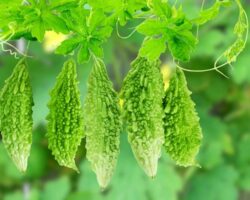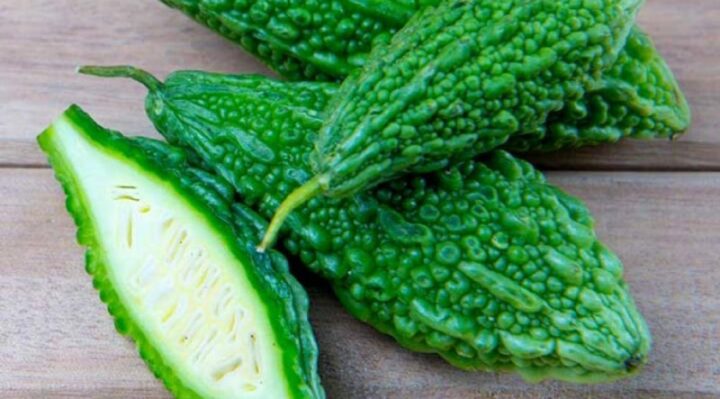5 Excellent Health Benefits Of Eating Bitter Gourd (Karela) During Monsoon


In India, bitter gourd is referred to as karela. a leafy vegetable that is particularly beneficial to health during the rainy season. Although many people may not enjoy its bitter taste, it is nonetheless a vital addition to your diet due to its nutritional and medicinal properties. The monsoon season’s shifting temperatures and rising humidity can cause a number of health problems. Karela’s significant medicinal capabilities and rich nutrient profile can assist you combat those issues.
Although karela has a bitter taste, its medicinal and nutritional qualities can help you stay well and combat monsoon illnesses. It can be a helpful addition to your diet.
5 Benefits of Eating Bitter Gourd (Karela) in Monsoon
1. Boosts Immunity
Your immune system may deteriorate during the monsoon, leaving you more vulnerable to several illnesses. While vitamin C can exacerbate white blood cell infections, karela is a powerhouse of antioxidants and vitamin C that can strengthen your immune system. The antioxidants in karela boost immunological health by lowering oxidative stress and assisting in the body’s fight against free radicals. Including karela regularly can fortify your body’s defences against illnesses and the common cold, which are prevalent during the monsoon.
2. Regulates Blood Sugar Levels
Blood sugar regulation is one of the other advantages of karela, which makes it useful for individuals with diabetes or those at risk of developing the disease. It contains substances that can reduce blood sugar levels, such as polypeptide-p and charantin. Additionally, it increases insulin sensitivity, which facilitates better utilisation of your blood sugar level. During the monsoon, eating karela can help control blood sugar levels, which is a natural strategy to manage diabetes and avoid complications.
3. Aids Digestion
Because of its high fibre content, karela is very beneficial to digestive health. Constipation and indigestion are frequent during the monsoon because of dietary changes and increased humidity. Bitter gourd aids in digestion by encouraging the release of digestive enzymes, and its high fibre content keeps bowel movements regular and wards against constipation. The bitter elements in karela aid in stimulating the production of bile juice, which is necessary for the breakdown of fats in the body.
4. Promotes Skin Health
Monsoon’s humid weather can lead to a number of skin issues, including fungal infections, inflammation, and acne. The antioxidant in karela helps to lower inflammation and oxidative stress on your skin, producing clear, radiant skin. On the other hand, the anti-inflammatory and antibacterial qualities help you combat these skin disorders. Furthermore, the antibacterial qualities of karela aid in the prevention of bacterial and fungal skin problems.
5. Supports Liver Health
Since bitter gourd is well recognised for its cleansing qualities, it becomes crucial for liver health during the monsoon season when the liver becomes overworked from dietary changes and an increase in pollutants. It supports the liver’s ability to increase bile output and strengthen detoxification processes. Bitter gourd contains nutrients that protect the liver from harm and promote liver regeneration. Including this in your diet on a regular basis aids in detoxifying and maintains the function of your liver.


